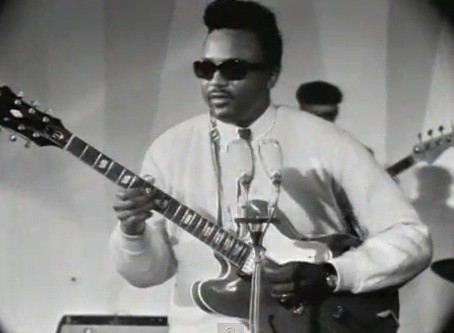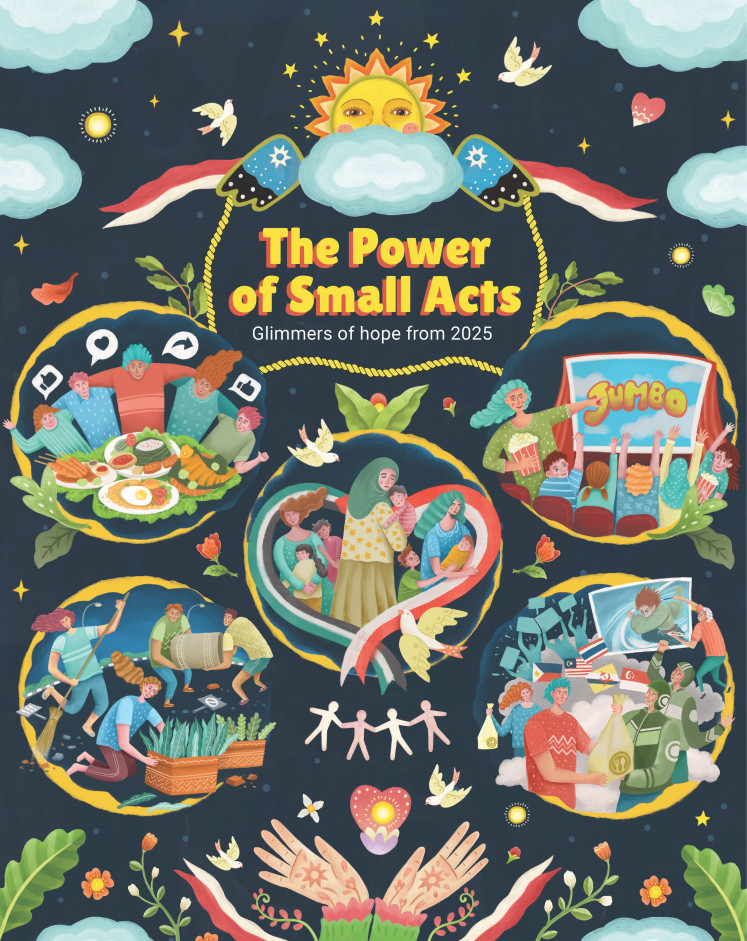Popular Reads
Top Results
Can't find what you're looking for?
View all search resultsPopular Reads
Top Results
Can't find what you're looking for?
View all search resultsChicago blues pioneer Otis Rush dead at 83
"Mr Rush, one of the most influential Chicago blues artists of all time, passed away due to complications from a stroke which he initially suffered in 2003," his wife said.
Change text size
Gift Premium Articles
to Anyone
P
ioneering Chicago bluesman Otis Rush, whose influence spread far into the world of rock 'n' roll, died on Saturday, his wife Masaki Rush announced on the musician's website.
"Mr Rush, one of the most influential Chicago blues artists of all time, passed away due to complications from a stroke which he initially suffered in 2003," his wife said.
Rush was 83.
The website, featuring a picture of him wearing a Stetson as he concentrated on coaxing his trademark sounds from a guitar, said he was an architect of the Chicago "West Side Sound".
It described a "slashing, amplified jazz-influenced guitar" style and "high-strained passionate vocals".
Among the rockers later influenced by his sound were Eric Clapton, Stevie Ray Vaughan and Led Zeppelin, who recorded a version of Rush's breakthrough 1956 hit, "I Can't Quit You Baby".
That song set the tone for what followed -- "heart-rending blues that sometimes brought audiences to tears", said the Mississippi Blues Trail, a project of the state's Blues Commission.
It said Rush grew up in a poor sharecropping family and experienced hardships that later shaped his music.
Learning to play on his brother's guitar, he taught himself an unorthodox method, left-handed and with the instrument upside down, which gave rise to his distinctive style.
After visiting Chicago and gaining inspiration from Muddy Waters, Rush moved to the city and "developed a more modern, original approach that made him one of the most exciting talents in the blues world", the Blues Trail wrote.
"The blues form reached both artistic and emotional peaks in the works of Otis Rush," it said.
Rolling Stone listed him as 53 on its list of the 100 greatest guitarists, likening him to "a gunslinging cross of Muddy Waters and B.B. King -- as well as a knockout songwriter".
The New York Times called Rush "a richly emotive singer and a guitarist of great skill and imagination".
It said he "was in the vanguard of a small circle of late-1950s innovators, including Buddy Guy and Magic Sam, whose music, steeped in R&B, heralded a new era for Chicago blues."











